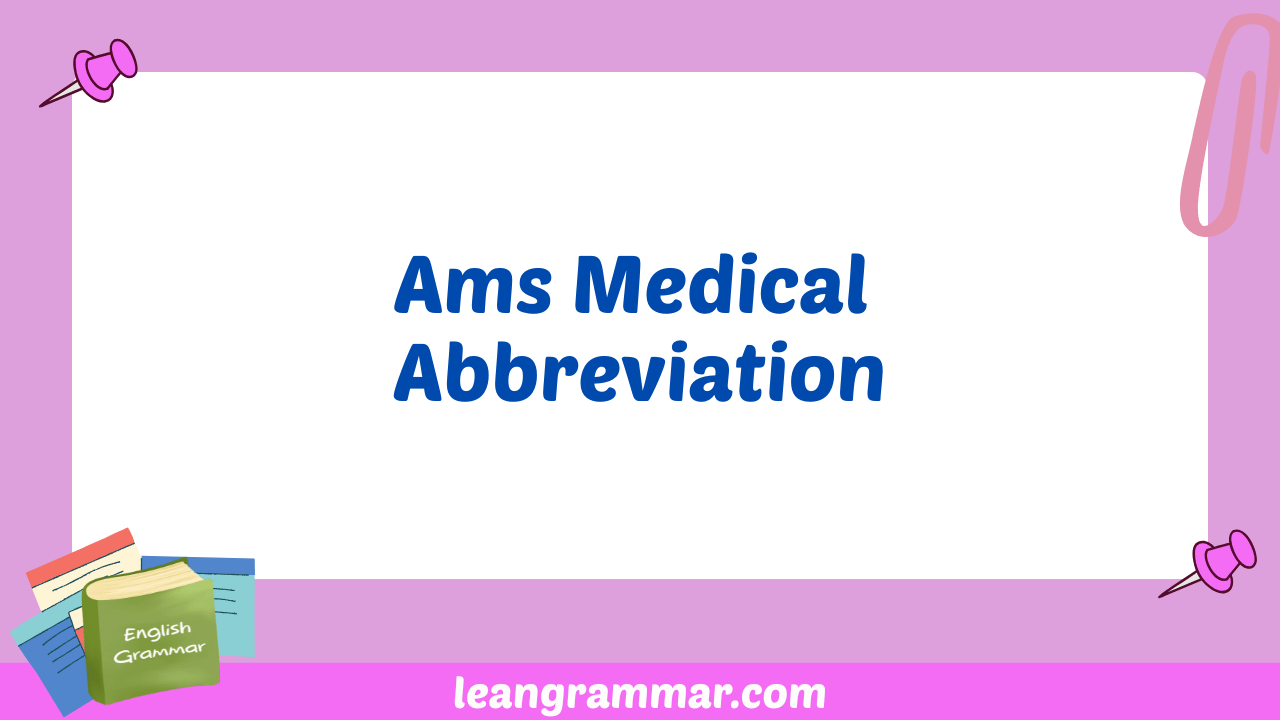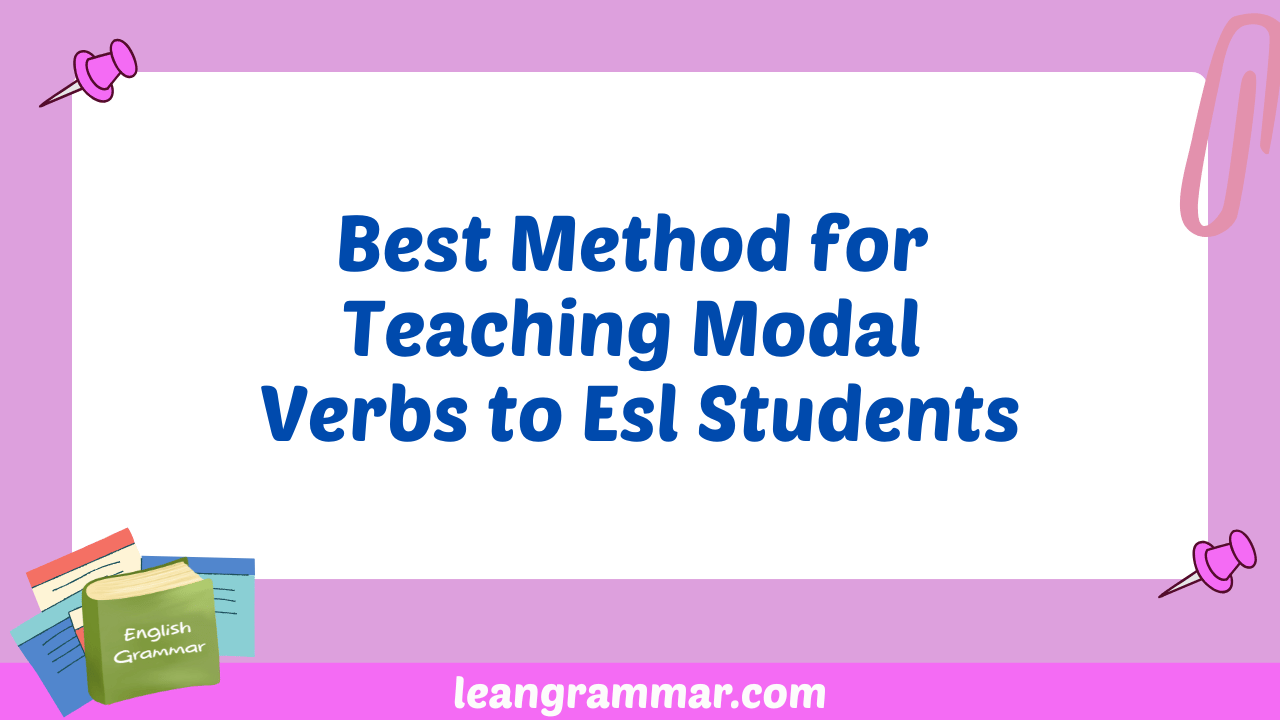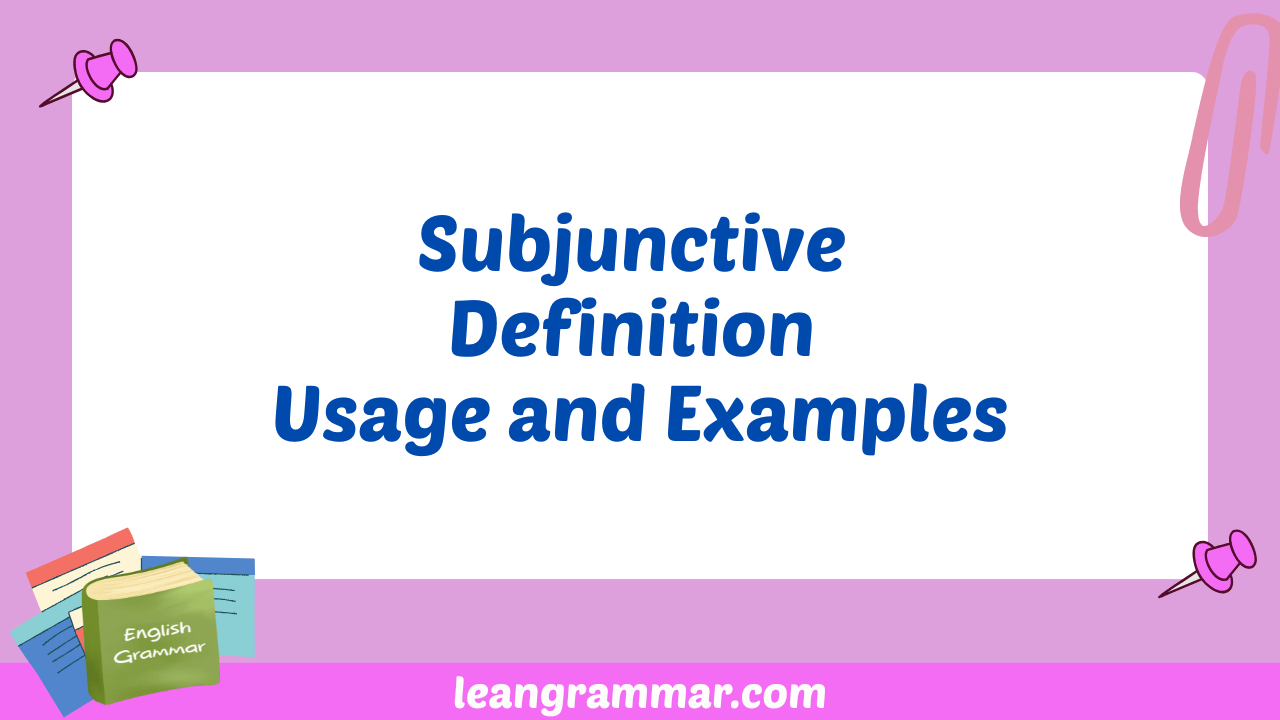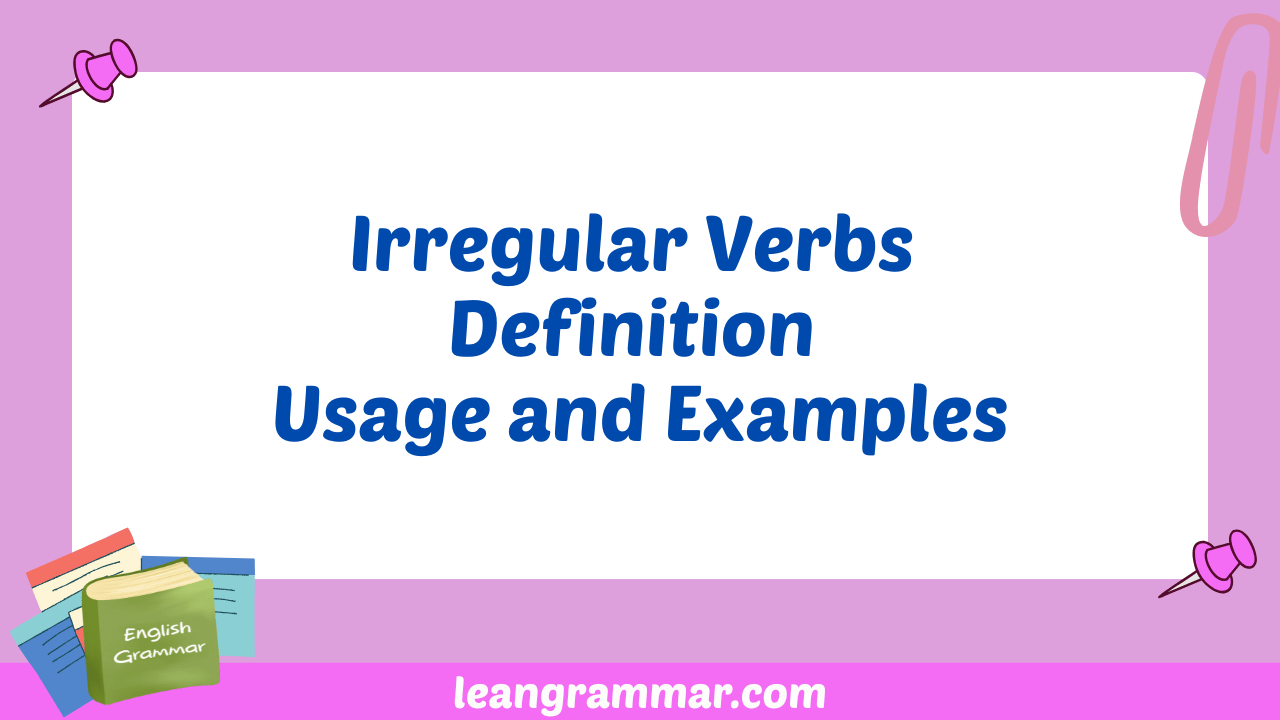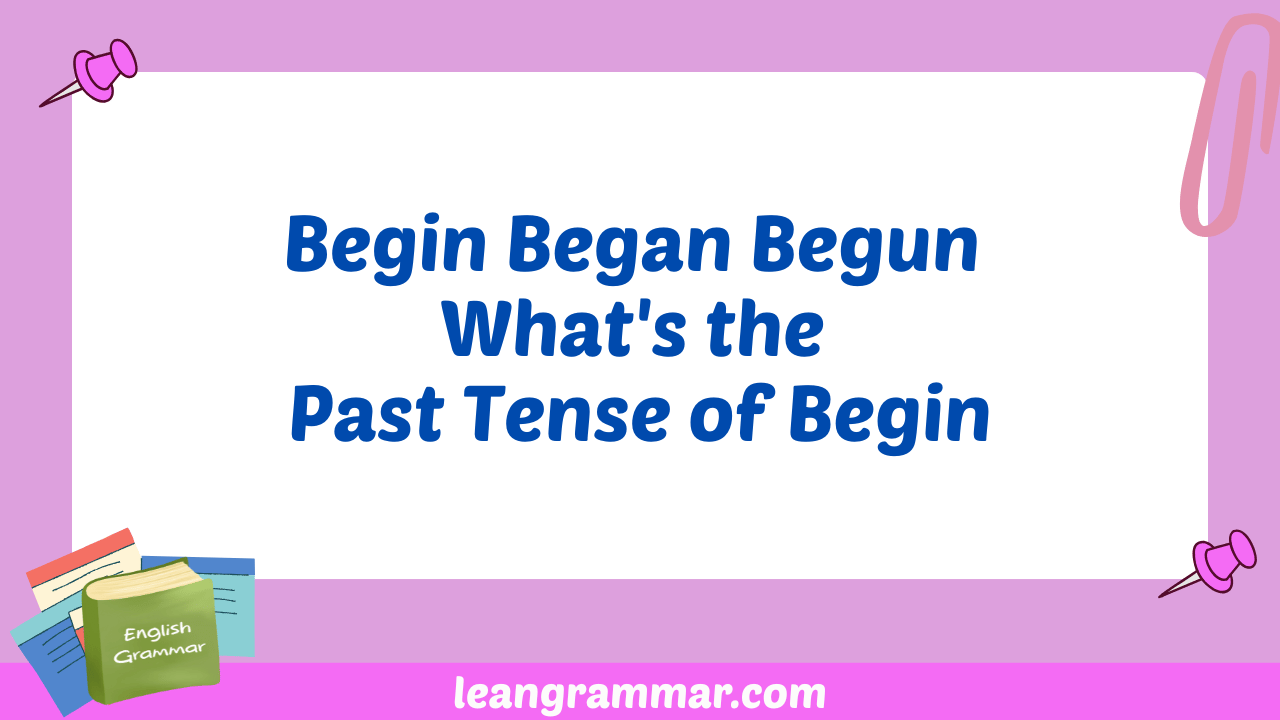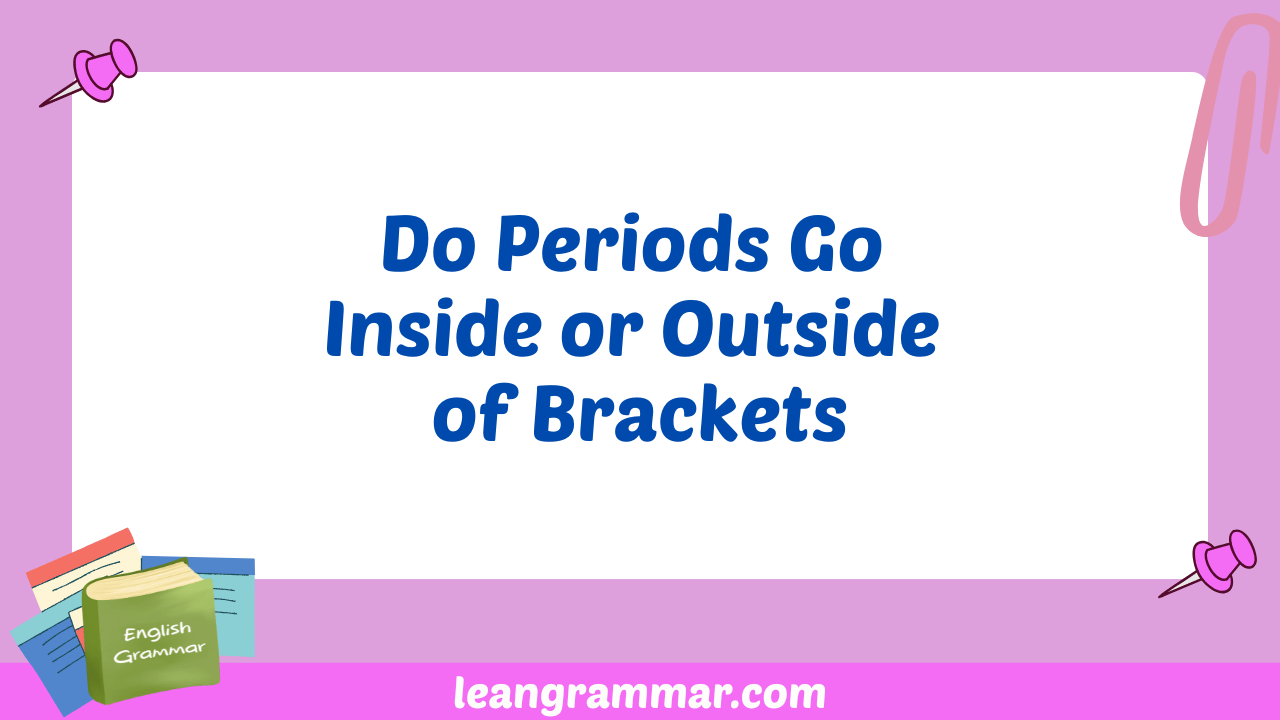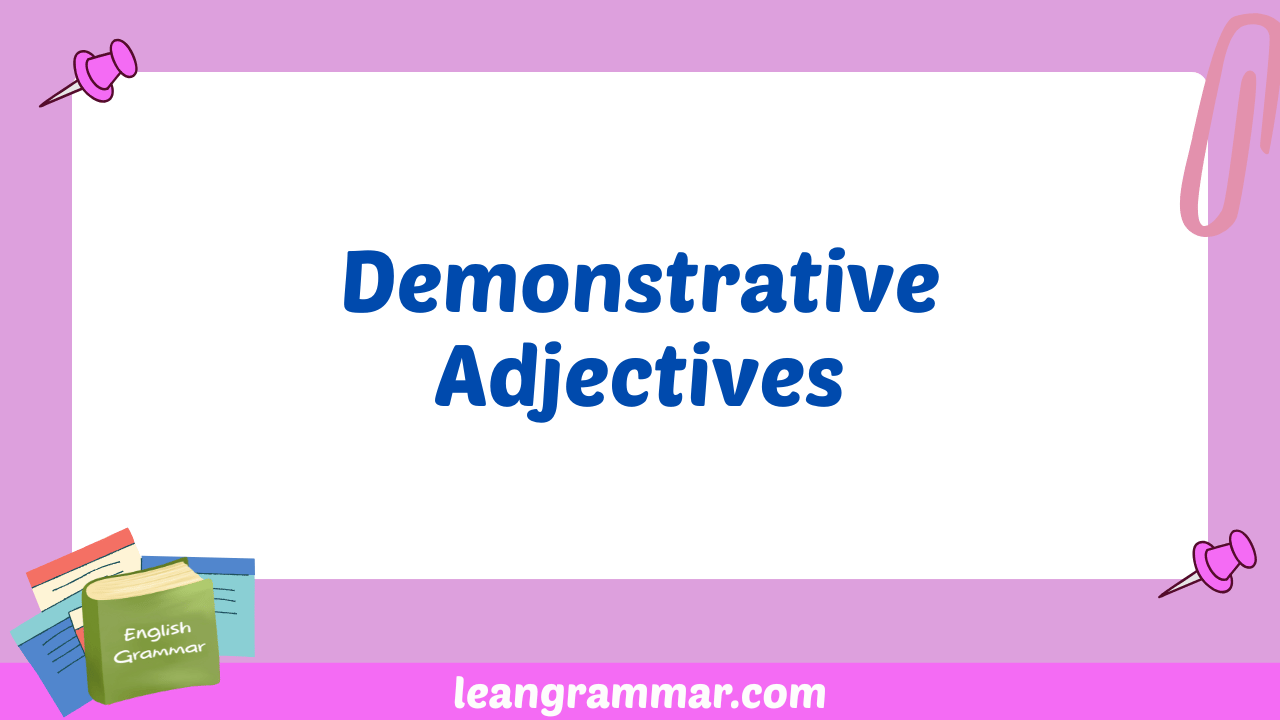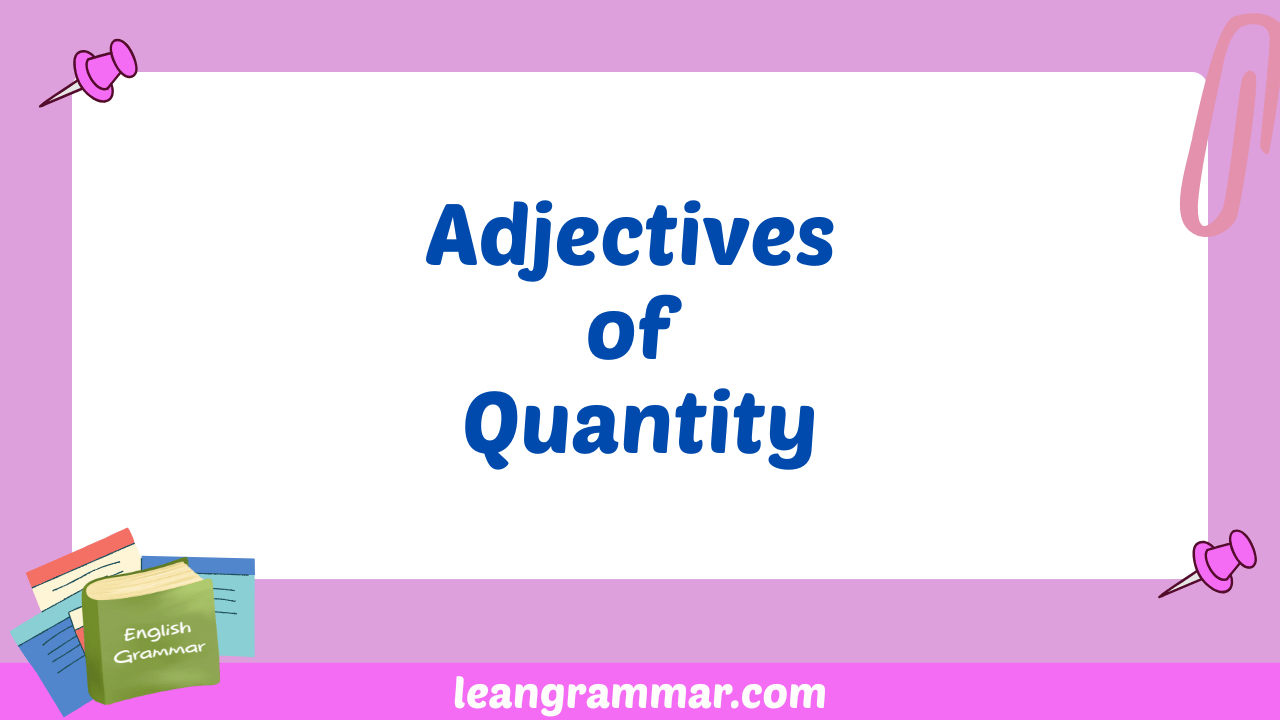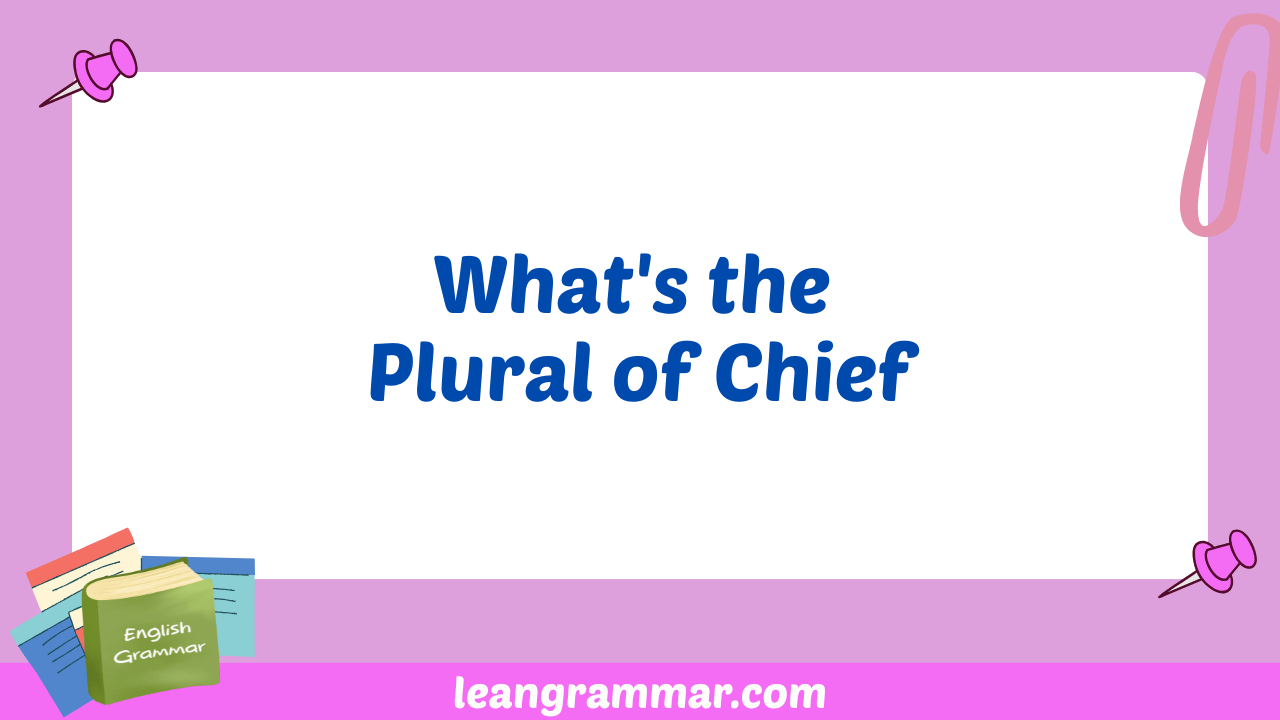AMS Medical Abbreviation: A Comprehensive Grammar Guide
Understanding abbreviations in the medical field is crucial for healthcare professionals, students, and anyone interacting with medical documentation. The abbreviation “AMS” is frequently encountered, and while seemingly simple, its meaning can vary depending on the context. This comprehensive guide explores the different meanings of AMS, its proper usage, and the grammatical considerations involved. Mastering the … Read more
